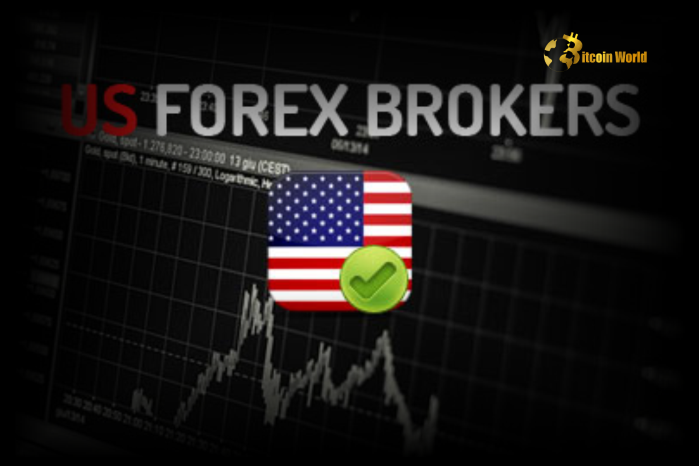Why Forex is Gaining Popularity in America
Why Forex is Gaining Popularity in America
Blog Article
Forex Trading Trends and Opportunities in the US
Foreign change, or Forex trading, pulls an incredible number of members in the United States every year. Their large measurement and liquidity allow it to be one of the very most desirable areas globally. However, forex in america. has a special and strict way of regulating Forex activities. If you're looking to trade currencies or just want to know the way appropriate frameworks form the Forex industry, knowledge these regulations is crucial.

Essential Legal Frameworks Surrounding Forex in the US
Forex regulation in the United Claims is distinguishable due to its complete chance controls and client protections. Two major government bodies oversee most Forex activities:
• Commodity Futures Trading Commission (CFTC)
• National Futures Association (NFA)
The CFTC, created in 1974, is assigned with regulating the futures and alternatives areas, foreign exchange included. The NFA, as a self-regulatory firm, performs strongly with the CFTC to enforce rules and maintain fairness in trading practices.
Registration and Submission
Every Forex supplier or broker employing U.S. people must register with the CFTC and NFA. These entities will also be needed to stick to rigorous working requirements, including:
• Minimum net capital demands (often more than in other countries)
• Ongoing audits
• Powerful anti-money laundering (AML) policies
• Translucent risk disclosure
Violations can cause hefty fines or a lasting bar from the market. This regulatory structure seeks to avoid fraud, defend investors, and increase market integrity.
Important Restrictions on Forex Actions
Foundational protections affect how Forex runs in the U.S.:
• Power limits: The NFA models a optimum leverage of 50:1 for major currency pairs and 20:1 for minors. This really is much below many international markets, helping defend inexperienced traders from significant losses.
• Segregation of funds: U.S. law involves that customer resources are held separate from broker operational funds. That measure safeguards traders in case a broker becomes insolvent.
• Advertising and disclosure: Firms should clearly describe risks, fees, and trading elements to clients. Unreliable or aggressive solicitation methods face rigid penalties.
Enforcement and Penalties
U.S. agencies frequently monitor for fraudulent systems, insider trading, and illicit industry manipulation. Mathematical knowledge from enforcement reports shows a steady design of penalties and settlements recently, featuring continuing vigilance. That atmosphere, while stricter than most elements of the world, creates a safer playing field for retail and institutional traders alike.
Things to Consider as a US Forex Trader
New developments disclose a continuing rise in regulatory measures, an emphasis on client knowledge, and constant updates to conformity requirements. If you plan to industry Forex in the U.S., it's necessary to:
• Verify a broker's active registration position
• Keep up-to-date with regulatory improvements
• Evaluation chance disclosures prior to making trades
This process reduces unforeseen failures and enhances your prospects in a firmly regulated but sturdy marketplace. By understanding legal regulations, U.S. traders may confidently be involved in the Forex market while remaining within the variables of the law.
Report this page